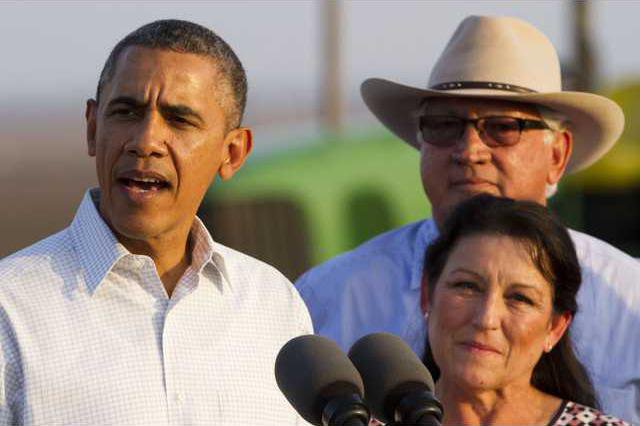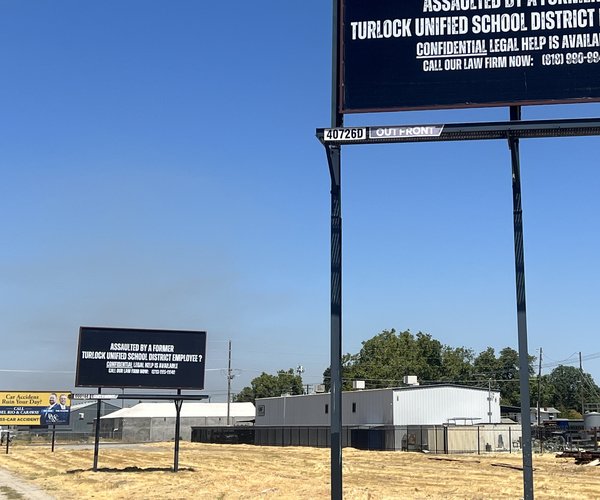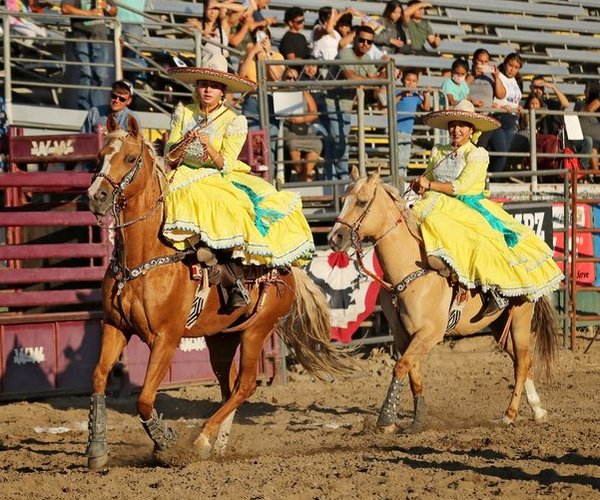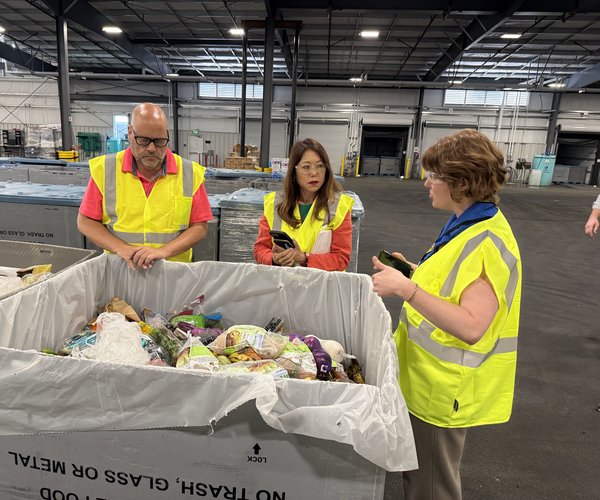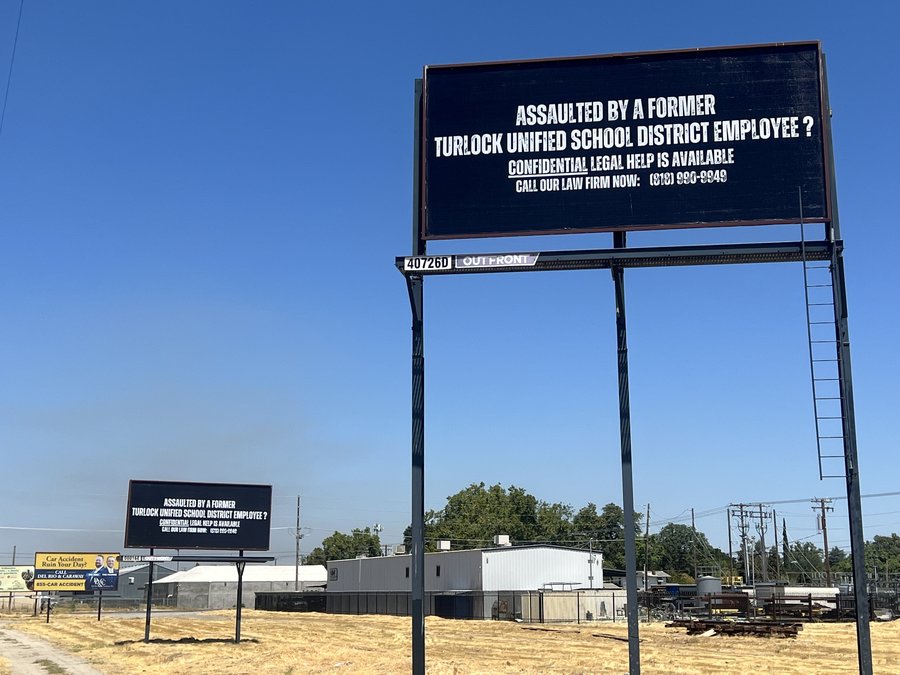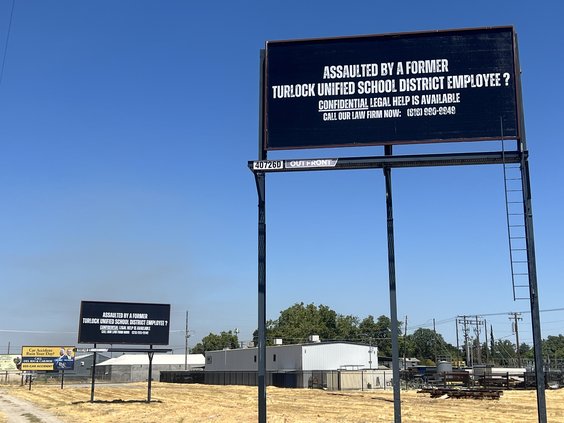President Barack Obama’s visit to Fresno on Friday brought signs of hope for many, as he announced significant new efforts his administration is taking to provide support and relief to those affected by the ongoing drought.
As regions across the state face the negative impacts resulting from California’s worst drought in over 100 years, President Obama has committed his administration to helping struggling farmers, ranchers, small businesses and communities. During his visit, the President announced more than $160 million in federal assistance for the state.
Noting the important role California plays in food production, President Obama discussed the national concern surrounding the state’s drought.
“I came here mostly to listen,” said Obama. “We are going to stay on top of this because it has national implications.”
The relief measures announced by the President and Agriculture Secretary Tom Vilsack include $100 million in livestock disaster assistance for California ranchers, $60 million for food banks in California to assist families affected by the drought, and additional measures to promote conservation and help rural communities suffering water shortages.
Additionally, the President directed the Department of Interior to work alongside water contractors and communities to accelerate key water projects and provide water contractors flexibility to meet their obligations, while maintaining environmental safeguards.
Focusing on the environmental implications of the drought, the President said that it will remain a “very challenging situation for some time to come” as he talked of global warming, and longer, harder droughts in the future. Comparing the drought with hurricanes along the Atlantic Ocean, Obama surmised that the California drought is part of the broader issue of climate change.
Obama said that scientific studies show that other events will become more intense, and part of that is California’s current drought. Warning that rain downpours would become more intense, Obama says that not only will regions be seeing more rain than snow, but that reservoirs will continue to lose more water to evaporation.
In light of this, Obama stressed the importance of California needing an immediate plan that includes guidelines on how to use the state’s dwindling resources, such as groundwater. In the face of the current drought, and worst droughts in the future, Obama encouraged state officials to not let the history of water politics in California stand in the way of finding solutions.
“Water has been seen as a zero sum game: agriculture against urban, north against south,” said Obama. “We’re going to have to figure out how to play a different game…We can’t afford years of litigation and no action.”
As the President met with local farmers affected by the drought, such as Los Banos farmer Joe Del Bosque and his wife, Maria, Congressman Jeff Denham was happy to see the President give the drought the attention it deserves.
“I appreciate the President’s long overdue visit to the Valley. He can now see firsthand the devastation to our economy and our community,” said Denham. “While I’m grateful for his willingness to direct money, what we need is more storage to withstand the impacts of drought — a drought that is predictable and will come again.”
Agreeing with President Obama that politics would need to be placed aside to create immediate water legislation, Denham says that “we need bipartisan leadership before any more jobs are lost.”
As of Feb. 11, the latest Drought Monitor map shows 91.6 percent of California experiencing severe to exceptional drought conditions.
Other actions announced on Friday include $15 million in targeted conservation assistance for the most extreme and exceptional drought areas, $5 million in targeted Emergency Watershed Protection Program assistance to the most impacted areas of California to protect vulnerable soils, 600 summer meal sites throughout the drought stricken areas, $3 million in Emergency Water Assistance Grants for rural communities experiencing water shortages, reducing federal facilities’ water usage, operational flexibilities, and investing $1 billion to a new Climate Resilience Fund that will help communities across the country become more resilient to the effects of climate change.
“We need to rethink how we approach water for decades to come,” said Obama.
